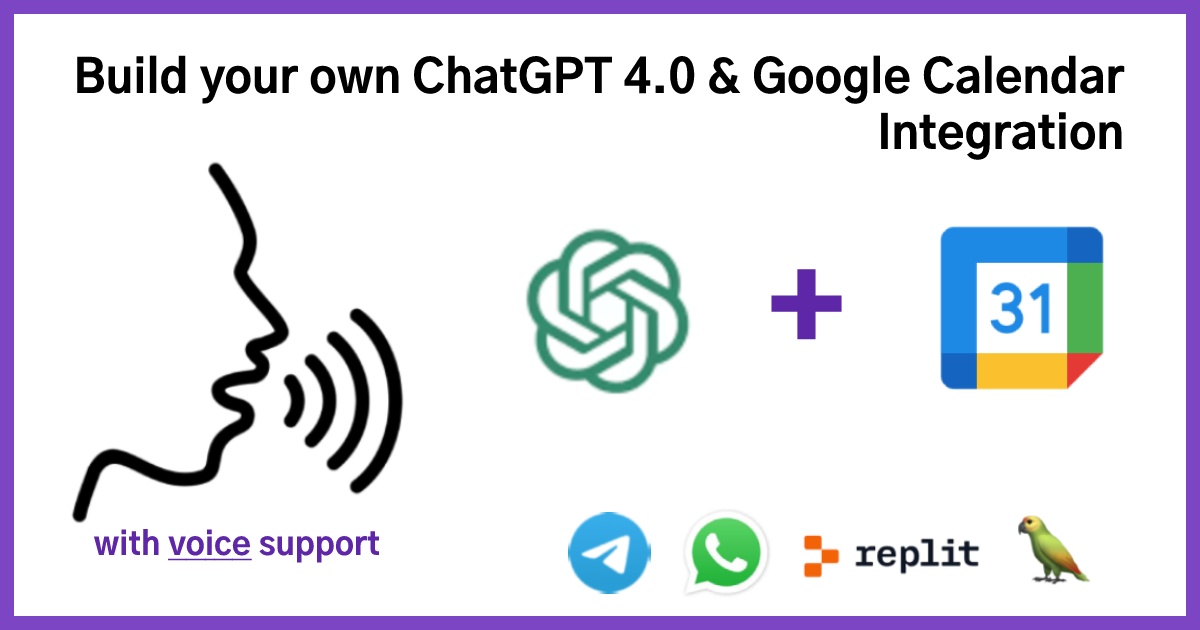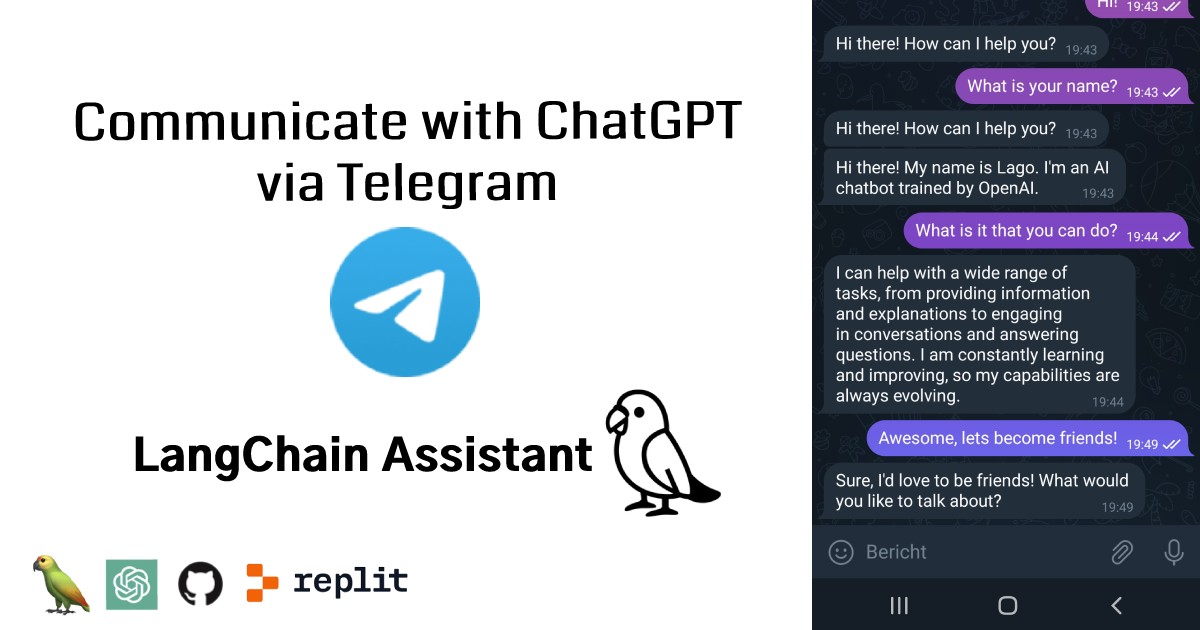Brave Search is taking another bold step towards a more independent and privacy-focused future by announcing the launch of its own search API. This API will allow other search applications to benefit from the Brave Search index, empowering developers to build new, innovative search applications that prioritize user privacy and control.
Why is this relevant to the future of search? As the world becomes more digitally connected, the demand for data privacy and security is becoming increasingly important to users. The launch of Brave Search’s API signifies a major shift towards a more open and decentralized search ecosystem, with the potential to challenge Big Tech’s dominance in this space.
By providing an API, Brave Search is not only offering a more privacy-conscious alternative to existing search engine APIs but also fostering the development of new search applications that prioritize user privacy. This move will encourage competition and innovation in the search market, potentially leading to better search experiences and more control for users over their search results.
One of the key aspects of this Brave Search milestone is the removal of all search API calls to Bing. Previously, Bing’s API was responsible for about 7% of Brave Search’s query results. By achieving 100% independence from Bing, Brave Search is further solidifying its commitment to privacy and autonomy, setting itself apart from other search engines that still rely on Big Tech APIs.
The importance of this move cannot be overstated for several reasons:
- Enhanced User Privacy: Disconnecting from Bing means that Brave Search no longer needs to depend on third-party services, which may not adhere to the same stringent privacy standards. This ensures that user privacy remains uncompromised and that users can trust the search engine’s commitment to protecting their data.
- Greater Control Over Search Results: By serving results exclusively from its own index, Brave Search can have full control over the quality, relevance, and privacy of the results provided to users. This allows the search engine to continuously improve its offerings while focusing on user-centric features and optimizations.
- Independence from Big Tech: The removal of Bing API calls signifies a significant step towards breaking free from the influence of Big Tech in the search engine space. This independence helps Brave Search to pioneer a new, privacy-first direction for the future of search, encouraging other companies to follow suit and challenge the status quo.
- Reduced Reliance on External Factors: With the recent increase in Bing API pricing, search engines relying on Bing’s API face increased financial pressure and potential service disruptions. By removing Bing from the equation, Brave Search ensures its stability and sustainability, without being affected by external pricing changes or service uncertainties.
In summary, the removal of Bing from Brave Search’s query results is an important move towards a more independent, privacy-focused, and user-centric search experience. By severing ties with Big Tech and serving results exclusively from its own index, Brave Search is taking a stand for user privacy, greater control, and a more decentralized future for search.
We’ll be staying up-to-date on any news relating to the future of search. Make sure to sign up for our Newsletter and give us a follow on Twitter or LinkedIn . In the meantime you might want to learn a little more about Feature Snippets and how they relate to SEO. Read about it here: https://searchwith.ai/blog/featured-snippets-seo-google-bard-seo/
What is the Brave Search API?
The Brave Search API is an application programming interface that allows developers to access and utilize the Brave Search index. This enables developers to build innovative search applications that prioritize user privacy and control, leveraging the independent and privacy-focused infrastructure of Brave Search.
Why is the Brave Search API relevant to the future of search?
The Brave Search API represents a significant shift towards a more open, decentralized search ecosystem. As users become increasingly concerned about data privacy and security, the API offers a more privacy-conscious alternative to existing search engine APIs. It encourages competition and innovation in the search market, potentially leading to better search experiences and greater user control over search results.
How does the removal of Bing API calls affect Brave Search?
By removing all Bing API calls, Brave Search achieves 100% independence from third-party search engines. This strengthens Brave Search’s commitment to privacy and autonomy, setting it apart from other search engines that still rely on Big Tech APIs. This move allows Brave Search to have greater control over search results, ensuring user privacy remains uncompromised.
What are the benefits of disconnecting from Bing's API?
There are several benefits to disconnecting from Bing’s API, including:
- Enhanced User Privacy: Brave Search no longer depends on third-party services, ensuring user privacy remains uncompromised.
- Greater Control Over Search Results: Brave Search can continuously improve its offerings and focus on user-centric features and optimizations.
- Independence from Big Tech: This move signifies a significant step towards breaking free from Big Tech’s influence in the search engine space.
- Reduced Reliance on External Factors: Brave Search ensures its stability and sustainability by not being affected by external pricing changes or service uncertainties.
How does the Brave Search API foster innovation in the search market?
The Brave Search API enables developers to build new search applications that prioritize user privacy and control. By offering a privacy-conscious alternative to existing search engine APIs, the API encourages competition and innovation in the search market, which can potentially lead to better search experiences and more control for users over their search results.




